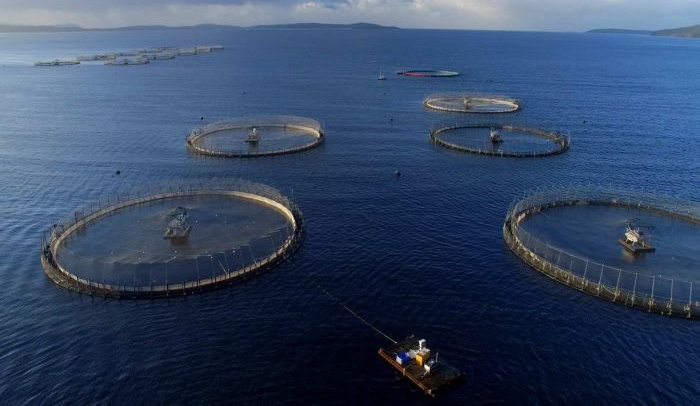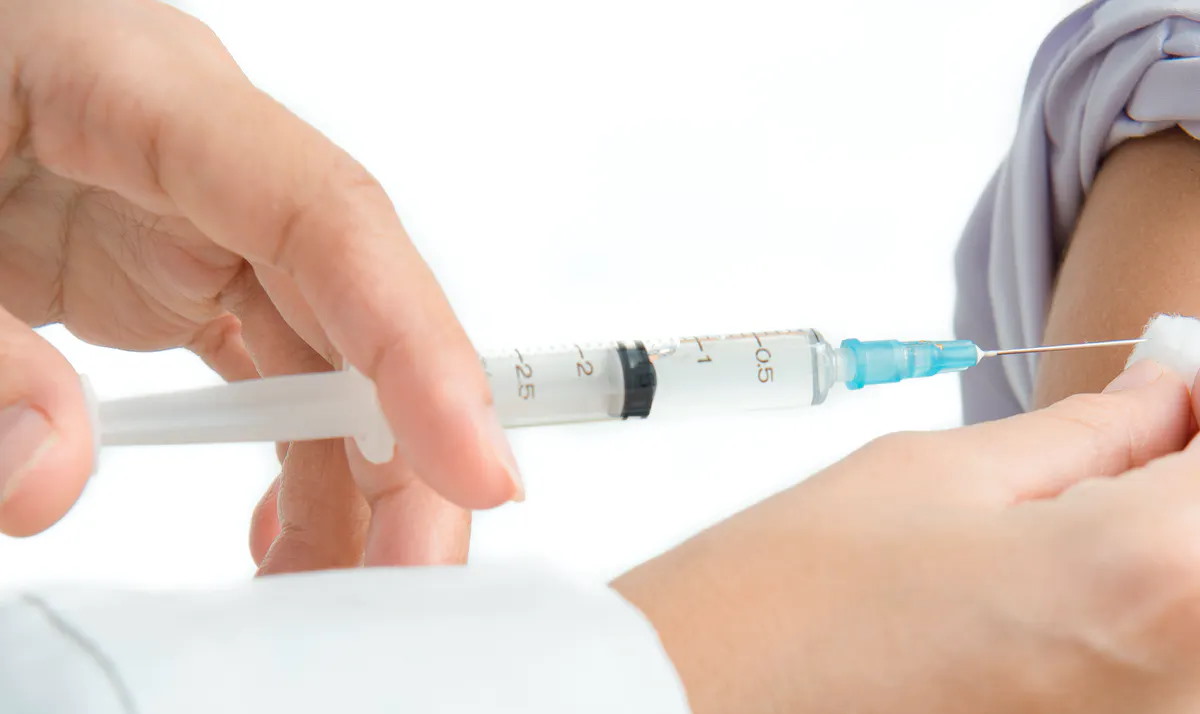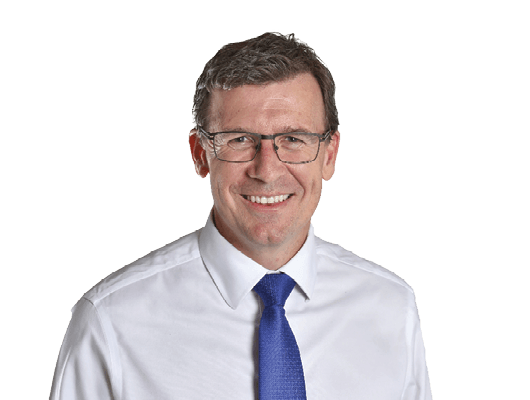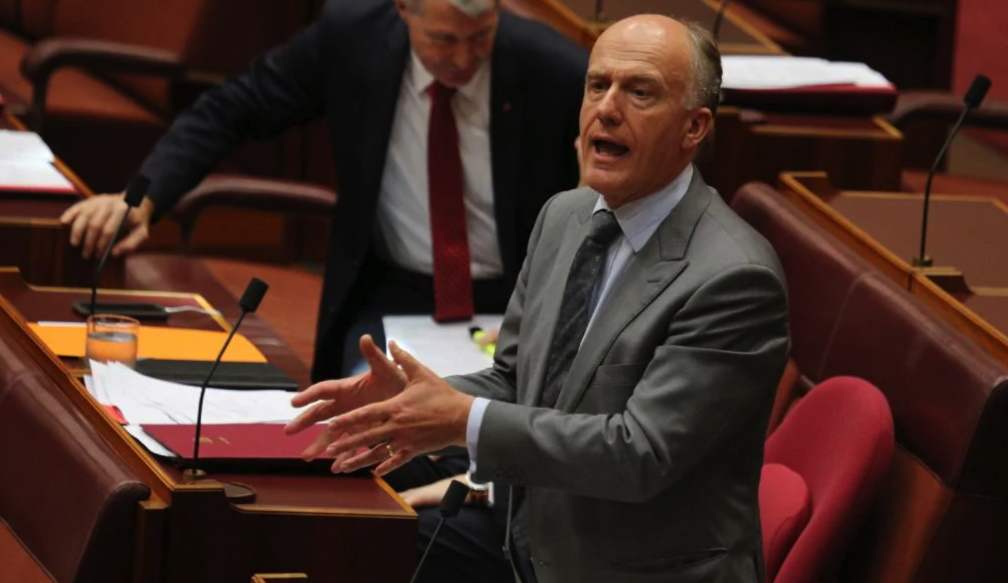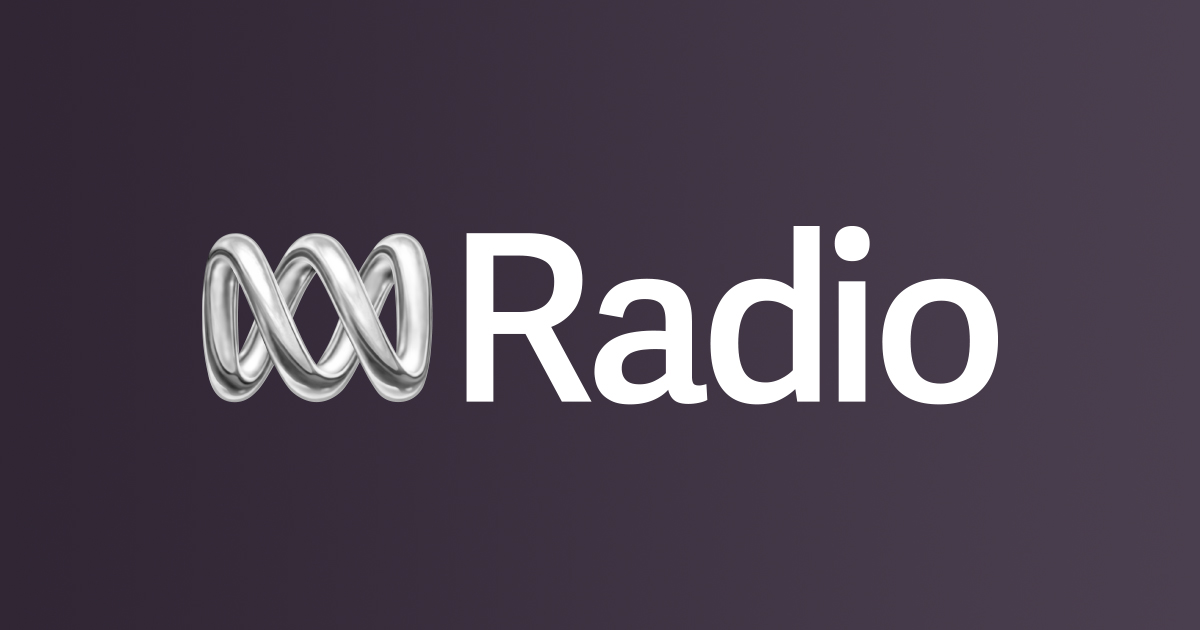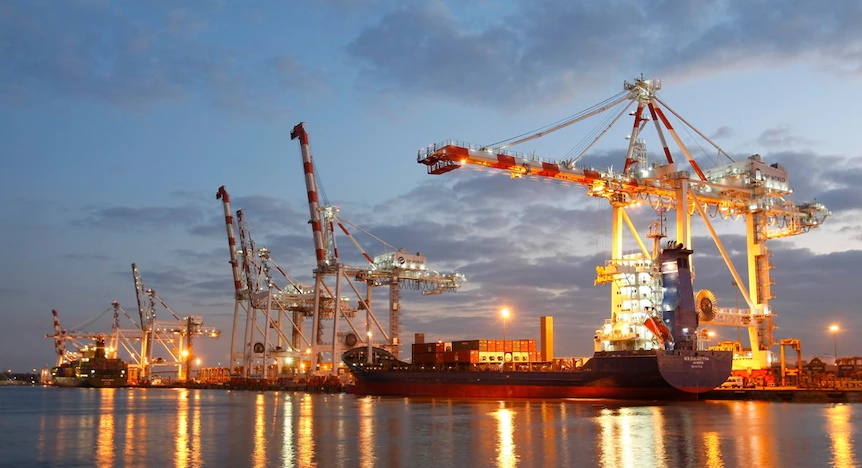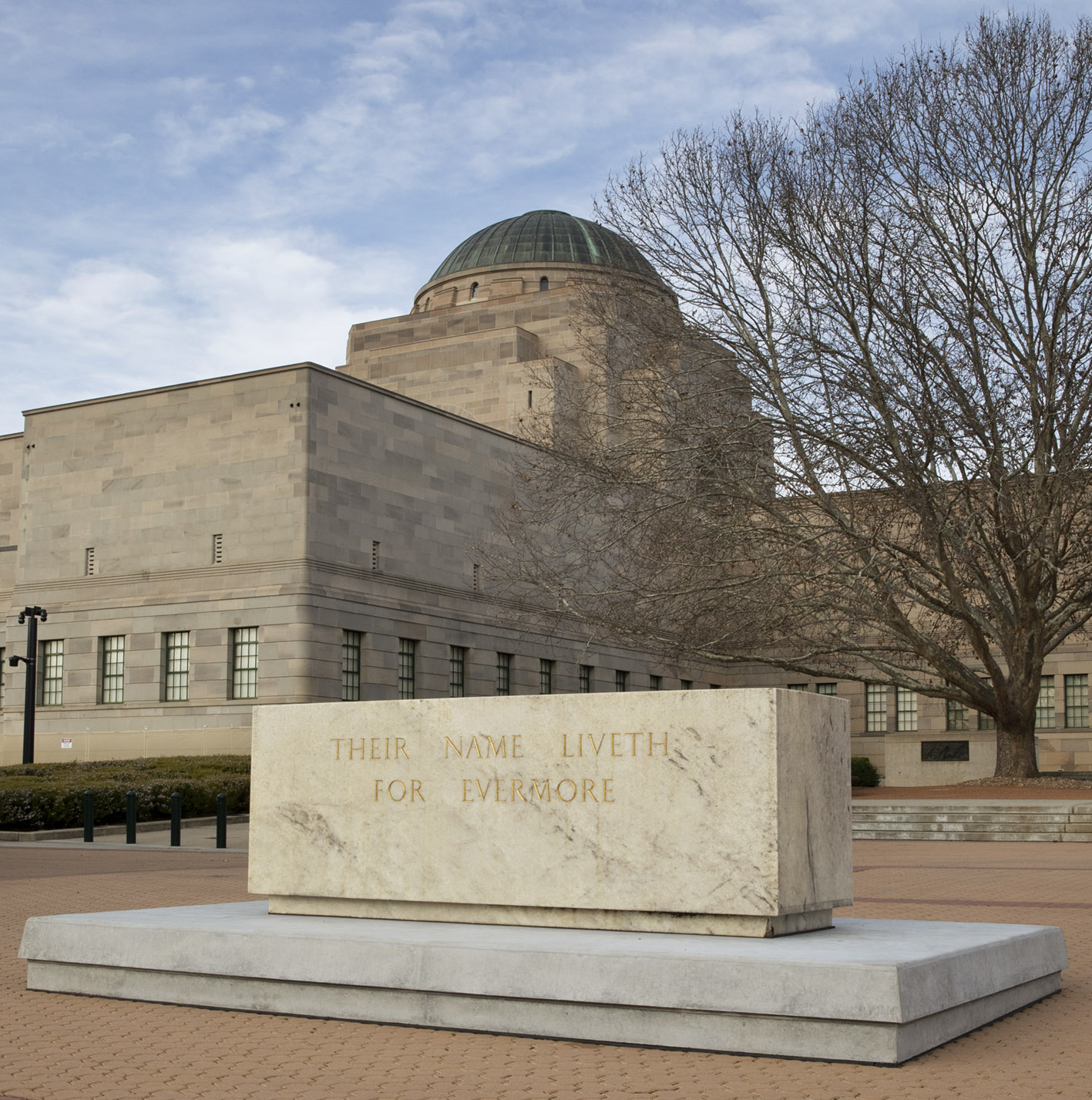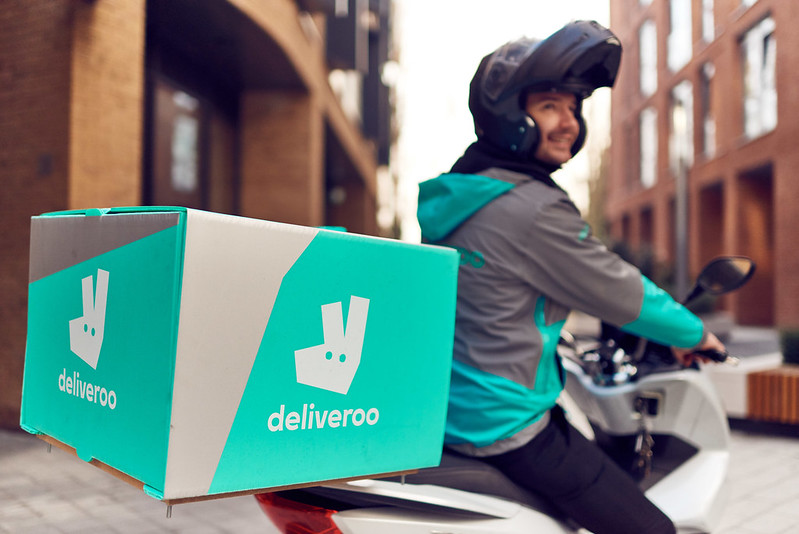Paul Murray's interview with Scott Morrison

Well, COVID-19, particularly the Delta variant, tends to be rewriting the rules and all the way through this pandemic, you know, we've had to try and learn with the with the new strains and what it means. I mean, ultimately, those decisions will be taken by states and the territories. We have no direct involvement in those decisions. But we've been going through what we've been going through in New South Wales. A few weeks ago, we had that challenge down in Victoria, which thankfully they got on top of. And I think we want to avoid the sort of protracted, lengthy lockdowns that we've seen. So, look, Paul, judgement calls have to be made. And my hope is that now having made that decision, that it will be a very brief one and not an extended one. In New South Wales, the goal is to ensure that you get the cases, cases infectious in the community down to zero, not cases down to zero. You are never going to eliminate this thing. That's not going to happen at any time, anywhere in the world. And so what you've got to manage with this Delta variant, because it does move so quick. He's right about that. Our contract tracers, whether in New South Wales, Victoria, any other place, they've really gone to a whole new level over this past year. But this thing does move faster than the old one. So it's very hard to stay ahead of it. And that is very true.
MURRAY: Does that rewrite the rules about who pays for what and when? Because for obvious reasons, you don't want premiers to panic, then the Federal Government and the nation to pay for panic decisions. But conversely, when things are moving the way that they are, where Victoria's made the decision that they have based off the Delta variant, etcetera, etcetera, do we have to scrap the idea about what qualifies as a two weeks, three weeks, four weeks and further down the process? Because, well, I've sort of caught you in between Daniel Andrews speaking publicly and know that you guys speaking privately before tomorrow. Does there need to be a change to that from 11.59, we should be thinking about things, not how many days from 11.59?
PRIME MINISTER: Yeah, well, I've already made some changes early today, and that was really having looked back on what we've just gone through in New South Wales and the earlier lockdown that occurred in Victoria for two weeks there. And looking at how we structured those payments to support, we as a National Security Committee of Cabinet today considered all of those issues. And we made some decisions which said sort of going forward in principle, it would be over over a first week, you'd get paid the next week in arrears for hours lost more than 20, less than 20 the payments at that $600 level and $375, which is what was in place for the December quarter of JobKeeper last year, no liquid assets test. That all runs from day one with payments a week in arrears. And then after two weeks, we would put in place what we've designed with the New South Wales Government, which I think is a very good programme of business cash flow support.
This is the nub of it. If you're going to go have a shorter lock down, fine. But the Commonwealth can't be in this position of just providing a blank cheque to that. And there needs to be cost sharing for those earlier periods. And of course, in areas where the Commonwealth has deemed there to be a hot spot. And look, that's why I'm quite confident that we'll come to a common sense arrangement. The Premier and I, you know, we have a good working relationship. Always have. Doesn't mean we always agree on everything, but we're both leaders that have responsibilities. And I think everyone understands whether it's Victorians or the country more broadly, it's our job to sort this stuff out and make sure people get the help they need. But it's got to be done in a way that, you know, everyone has skin in the game here and the states have it and we have it. And I think that'll get us to a good outcome.
MURRAY: There's a certain frustration from those of us that are viewing it, so imagine what it's like to be living it. But there's this constant battle between state and federal and there's the political implications of that. And there is the team red, team blue stuff. And I know you want to try to rise above all of that, but let's just engage very quickly here. If Victoria doesn't get everything that it wants based off today's press conference, then tomorrow's story is somehow that you're dudding the people of Victoria. Let's lay it out there. The rules that you put in place for the greater Sydney lockdown would apply everywhere if its lock down went as long as what's happening right now in Sydney.
PRIME MINISTER: Well, what we announced today is we've brought forward some of those measures for future lockdowns. That's what we agreed to do today. I mean, first week it was each state does their own thing and we brought that forward to day one. And so that's what we're looking at going forward now. And we think that's a common sense arrangement. You've got to move with these things, Paul. It is a very dynamic virus. And we haven't been proposing that there'd be lengthy lockdowns. We knew there might be some short ones. And they were things that the states would be able to take care of. But the Delta variant is proving that that is more difficult to address and so we've got to adapt and that's what we've been doing and so we'll come to, but the point is it's prospective, whatever we agree, that will apply to all states and territories going forward. We agreed to put over a half a billion dollars a week into New South Wales. I mean, last year when Victoria was going through their extended lockdown, we were putting in three quarters of a billion dollars billion every week. So, I mean, you're right. I mean, last year there wasn't this team red, team blue thing about all this stuff. We just sort of worked together. And there wasn't, frankly, as much of that that toing and froing. I don't think it's very helpful. I don't think the public appreciates that. There's a lot of politics that's gone into that. Some people want to play themselves into a federal election when that's held next year. That's not going to solve COVID. That's not going to get anyone vaccinated any earlier. That's not going to do with providing all the support that they need. So I think people can leave all that stuff at the door. And let's just get back to working together again and doing the best for the Australian public and the people in each of their states.
MURRAY: Something, again, that as soon as you start arguing that grey in politics, it becomes difficult. But there's a lot of grey here. Right. Which is, of course, we know the difference between state and federal responsibilities. But today, according to vaccine roll out numbers, everyone over the age of 70, 75, 80, 85, 90 and 95, it's 72 per cent or higher have already had their first dose of the vaccine. So depending on the different variations in that age group. So does that start to put the brake on the urgency of lockdown? Or it seems that the state health officials are saying, well, because we've got a bloke in his 30s in ICU, it doesn't matter what's happening to people in their 70s, but we know that's the most vulnerable group, those with comorbidities or those of a particular age group.
PRIME MINISTER: Yeah, look, there's actually truth in all of those points of view, and that's the challenge of this virus. Yes, we're just just shy of seventy five per cent of those over 70 on first dose now and importantly, one in three eligible Australians for the vaccine have now had their first dose. It's over a third. And so, you know, those figures just show that we're continuing to make progress every month, every week. I mean, it was three and a half million last month. It was just over two and about two and a half the month before that. It was about 1.7 the month before that. So every month we're upping it. We're going harder. We're getting further. The same will be true this month in July as the supply comes in. So but that said, Paul, you know, if you've still got 25 per cent of those over 70 not having had a first dose, that's still quite a lot of elderly Australians who are quite vulnerable. So we've still got a distance to travel in all of that.
I do agree, though, they're the percentages that matter the most. And so, you know, when you look at what's happening in the United Kingdom, they've got an overall rate of vaccination of around 65 per cent. It's the second highest in the world. No other country has achieved that, by the way, other than Israel. The United States, they’re in the 50s. Germany's in the 50s, many of the European countries in the 40s. So this idea that Europe is vaccinated or the United States is vaccinated, it’s actually just not true. They haven't reached 65 per cent, let alone 75 or higher than that. So it is true that protecting your most vulnerable people is the most important thing. And that's what gives you the first licence, I think, to be able to be far less restrictive in these circumstances.
MURRAY: In Sydney right now, despite how many cases there may or may not be in your local government area, kids can't go to school. That'll be the rule in Victoria for the next few days. You've always been really strong on the school issue. It's a particular bugbear of mine, not just because of the selfish interest of my little girl who I want to physically be there. But we all know what the consequences are if kids don't go to school. You know, National Cabinet that'll be meeting tomorrow. Why can't they agree that kiss and drop off becomes the national standard? And so therefore this concern about parents mingling around disappears and we find a way to get kids back to school?
PRIME MINISTER: Well, there are two challenges with this. And you're right, I was very forthright on this. And I was right, frankly, because the the medical evidence was that in the earlier strains of the virus, particularly we're talking about at this time last year and indeed earlier then, it didn't affect younger people, it didn't affect children, and certainly not in terms of serious illness. And barely you could even detect its infection. And so that's why I took the strong position that I did.
Now, sadly, under the Delta variant, that isn't the same situation and it does have an impact on younger people in that way. And that's terribly unfortunate. And that just makes managing COVID all that more complicated now and so it's not as clear cut as it used to be. On the sort of kiss and drop and all of those sorts of things. I get those points and I think that's and states need to consider carefully taking that step, for getting kids going to school. The virus doesn't make its way from one person to another on its own any more than the vaccine walks down the street, knocks on your door and jumps in your arm. You've got to go it or you have to carry that virus from one person to another. So what the states are trying to do in these situations, whether it's here in New South Wales or what's happened in Melbourne, is just to ensure that if you reduce the mobility of people, then you won't see the virus transfer. Now, I don't agree that you can eliminate this thing. And anyone who thinks they can eliminate this thing is kidding themselves. And that is not the national policy. It's not the policy of National Cabinet, it is not the policy of my government. So that's what they're trying to do. But I must admit to you, Paul, at the moment, dealing with this Delta variant, there is a bit of a trial, trial going on here, a bit of trial and error going on here. Hopefully not too much error, hopefully a lot of positive trial. And we've got to work ways about how we can positively deal with this, because I'm not kidding. If this thing gets into the community like we've seen overseas, then people will die. I mean, in the United Kingdom, 50 people died yesterday. 50. 50. You know, there's 47,000 cases a day occurring in Indonesia. So we can't kid ourselves that this thing has somehow become not deadly anymore, it can't result in our hospitals being choked. This could happen if it gets out of control. And that's why we are working really hard. So everyone who wants a vaccine can have one by the end of the year. We get those vaccination rates as high as we can. And in the meantime, we've just got to work together to try and get the right balance in place to attack this thing when it rears its ugly head.
MURRAY: And you know, those that will deliberately misinterpret the concept of trial and error. They are misinterpreting exactly what you just said. But we'll wait and see where that goes.
PRIME MINISTER: The states are doing it, yeah.
MURRAY: Here's the issue, right, which is, so Australia has been good because we've been able to lock the borders, which means we haven't had those surges of cases, which means we haven't had the surges of deaths, which means we haven't had perhaps the surge of urgency to go to a vaccine like they had in the car parks of Los Angeles or the hospitals of the UK. Now, to be honest, I prefer to be in that position than the other way around. That said, a year on, 10 million people are in lockdown and we are four letters in to the 24 letters of the Greek alphabet. So what do you say to the people that are locked down or live with the spectre of lockdown about the journey ahead?
PRIME MINISTER: Hang in there and keep pushing through because Australians never give up and Australians look after each other. This is the trial of our generation of Australians, you know, in generations past., Australians have had to deal with some some pretty tough things. And what do they do? They push through. This is our trial and it's not pleasant and it's not great and it's hard and it's frustrating and it's annoying and it makes you angry and it makes you want to point fingers and do all sorts of things. I get all of that, Paul. We're living it, too. But there's no alternative. You've got to push through. Australia, we've just got to keep pushing through.
MURRAY: Prime Minister Scott Morrison, exclusive conversation here on Paul Murray Live. Appreciate the time.


